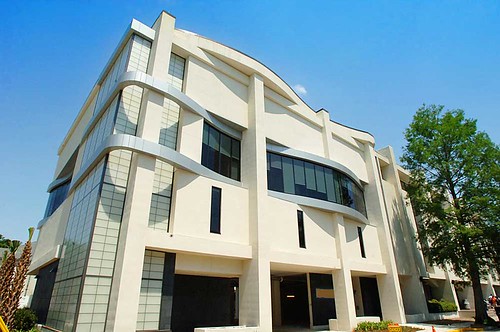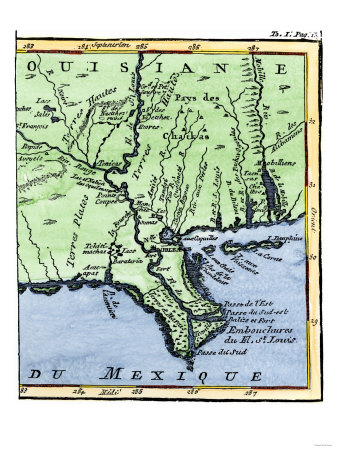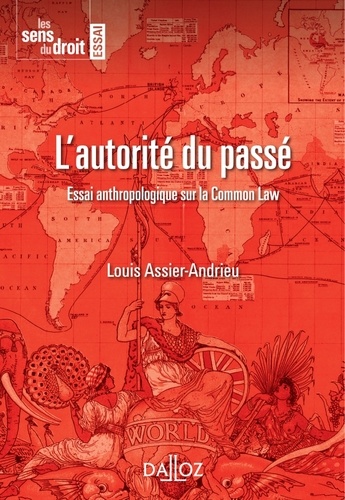The following notice on 66th Session of the
Société Internationale ‘Fernand de Visscher’ pour l’Histoire des Droits de l’Antiquité (
SIHDA) will take place from 18-21 September 2012 in Oxford. The theme, of special interest to our members, is the Reception of Law.
The notice reads:
First circular
Oxford
14 December 2011
Dear colleages,
I am very pleased to invite you to the 66th Session of the Société Internationale ‘Fernand de Visscher’ pour l’Histoire des Droits de l’Antiquité (SIHDA), which will take place from 18 to 21 September 2012 in Oxford. In accordance with the decision taken by the last General Assembly, the theme of the congress will be Reception of Law.
In this First Circular I shall provide you with general information regarding the congress. In the course of January you will receive a Second Circular with information on how to registration.
The congress will start in the afternoon of Tuesday 18 September and end on Friday 21 September with the General Assembly. A Banquet dinner is foreseen for that Friday night, and excursions are planned for Saturday 22 September.
The theme is ‘Reception of Law’. It is a wide theme, which covers, e.g., the reception of Assyrian law by the Mesopotamians, Greek law by Egyptians, Roman law by the Greeks in the 4th and 5th century, by the Gallic population in the 6th century, but also, as the name of our association implies (‘Histoire des droits de l’Antiquité’), the reception of Roman law after 1100, and I welcome particularly contributions concerning the reception of Roman law after 1100 in Europe, the ‘Civil Law’. Yet, as is the custom of our association, papers on other themes than the proposed are of course always welcome and appreciated, in one of the five accepted languages (French, English, German, Italian and Spanish).
Oxford as a city is well known and needs no further recommendation. Its colleges, of which those in the centre are centuries old, are a major tourist attraction, as is the Radcliffe Camera, the Sheldonian Theatre and the Ashmolean Museum. And of course it is always interesting to combine the congress with a visit or short stay at London. London itself has several airports, of which Heathrow and Gatwick have a regular and direct bus connection with Oxford. Likewise the train connection is very good with the Eurostar going straight from Paris to London-St Pancras through the Channel Tunnel; and a taxi or underground will take you from there to Paddington Station for a good train connection to Oxford.
The congress will be held in St Catherine’s College. It is a college, built in 1962 in splendid Sixties style after the design of Arne Jacobsen and it is excellently suited for a congress of the size of SIHDA. Actually, it is, of all the colleges in Oxford, the only one with sufficient conference accommodation for us; all its rooms have a private shower and toilet. You will receive with the Second Circular the possibility to book an arrangement for the congress in the college.
I hope I have provided you with enough information for the moment. If there are any questions, I am happy to answer these, but otherwise I would like to ask you to wait till the Second Circular when more information will be provided. All further communications will be done through email. If you happen to know of somebody who is or might be interested but has not received this circular, please let me have their email address and I shall take care that he or she is included in the address list and will receive this and further notifications. Likewise I would appreciate it greatly to know of changes in email addresses.
All that remains for me now is to wish you a good Christmas holidays and an auspicious New Year,
Best wishes,
Boudewijn Sirks
Regius Professor of Civil Law
University of Oxford






































